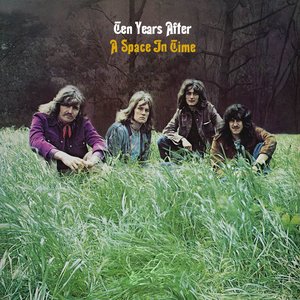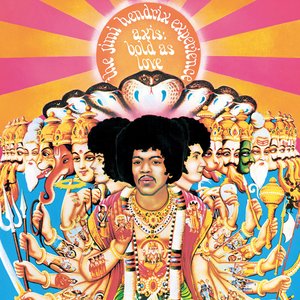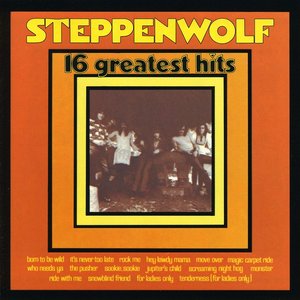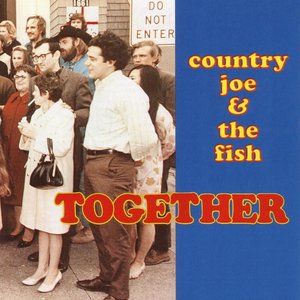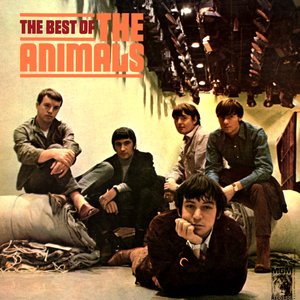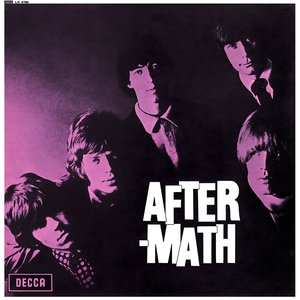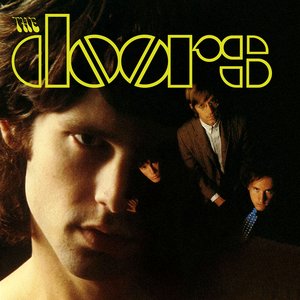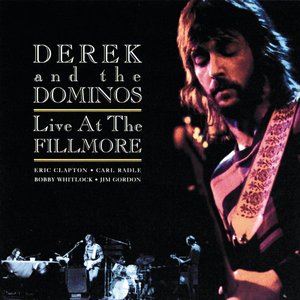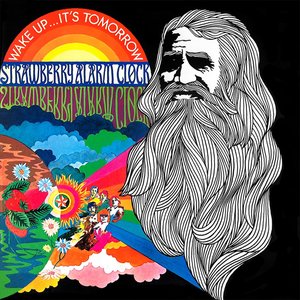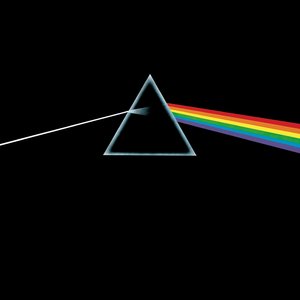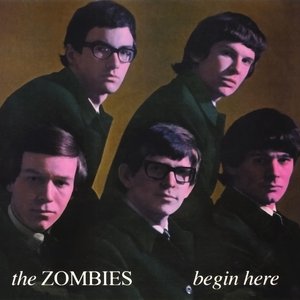Wiki
-
Release Date
17 July 1972
-
Length
9 tracks
"Full Circle" is the eighth studio album by the American rock band the Doors, released in August 1972. It was the second album released after the death of lead singer Jim Morrison and the last album by the band until the 1978 release of "An American Prayer." The album includes the single "The Mosquito," which was the last Doors single to chart.
Following the band's first album without Morrison, "Other Voices" (1971), which reached number 31 on the Billboard chart, the remaining members—keyboardist Ray Manzarek, guitarist Robby Krieger, and drummer John Densmore—continued as a trio. While "Other Voices" was recorded at their rehearsal space known as the Workshop, "Full Circle" was recorded at A&M Studios in Hollywood. Unlike "Other Voices," which partly consisted of material developed during sessions for "L.A. Woman," "Full Circle" was created as an independent project that incorporated more jazz influences and featured several session musicians. Bruce Botnick, who had engineered all previous Doors albums and co-produced "L.A. Woman" and "Other Voices," did not participate in the "Full Circle" sessions. Instead, Henry Lewy took over production and brought in musicians including Charles Lloyd, who contributed tenor saxophone and flute. Lloyd also performed live with the band at Central Park and the Hollywood Bowl.
Vocal duties on "Full Circle" were handled by Manzarek and Krieger, supplemented by backing vocalists. The album contains the internationally successful single "The Mosquito," written by Krieger, which became one of the band's most widely recognized songs globally. Krieger noted that the inspiration came from mariachi musicians he encountered while on vacation in Mexico. The song was popular in Latin America and Europe and inspired various cover versions.
Musically, "Full Circle" reflected ongoing experimentation by the band, with influences such as Latin fusion on the track "The Piano Bird" and complex funk rhythms on "Verdilac." However, internal disagreements arose between Manzarek, who favored jazz exploration, and Densmore and Krieger, who preferred to maintain a rock focus. These creative tensions contributed to the band's decision to pause their activities for several years.
In 1972, the Doors also released the single "Get Up and Dance," with the non-album track "Treetrunk" as its B-side. According to Krieger, "Treetrunk" was excluded from the album because it was considered too commercial. The track was later officially re-released in 2013 as part of the Japan edition of the Doors Singles Box.
Album descriptions on Last.fm are editable by everyone. Feel free to contribute!
All user-contributed text on this page is available under the Creative Commons Attribution-ShareAlike License; additional terms may apply.
